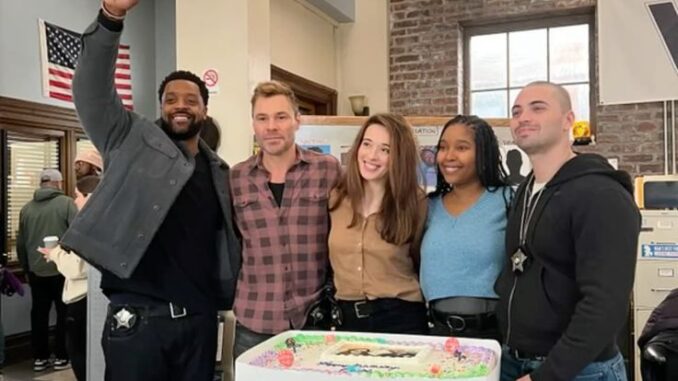
He doesn’t follow protocol. He doesn’t always follow the law. But Hank Voight gets results. And that’s why, season after season, fans of Chicago P.D. keep watching—and debating—his every move.
As the leader of the Intelligence Unit, Voight operates in moral gray zones. He’s tough, ruthless, and willing to break the rules if it means protecting his team or taking down someone he knows is guilty. But beneath that hard exterior lies something deeper: grief, loyalty, and an unwavering sense of responsibility.
Voight’s past haunts him. The loss of his son. The mistakes he’s made. The people he’s hurt along the way. And every decision he makes today is shaped by those ghosts. Every sideways glance, every brooding silence, tells a story of a man trying to carry the weight of all he’s done and all he’s lost.
His brand of justice is polarizing. Some fans applaud it. Others cringe. But that’s what makes him unforgettable. He’s not a clean-cut hero. He’s not a villain, either. He’s a deeply flawed man trying to do right in a world that doesn’t always allow for right and wrong.
In a recent arc, Voight’s handling of an undercover op put him at odds with nearly everyone—including his own instincts. The fallout revealed a man battling not just external threats, but the very moral compass he’s long ignored. And in that internal battle, viewers saw the real cost of leadership.
Voight will always be controversial. But his complexity is what makes Chicago P.D. more than just a procedural drama. He’s a character study in grief, vengeance, and reluctant redemption.
